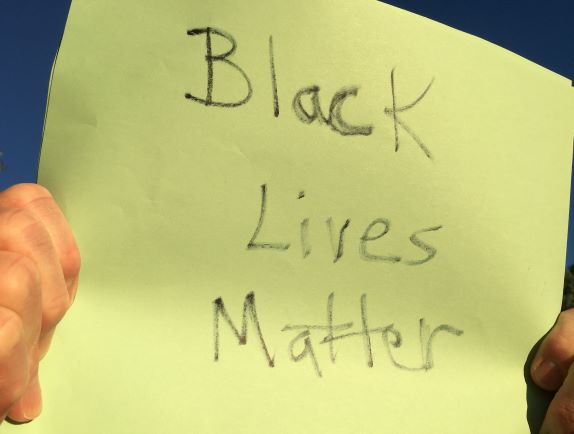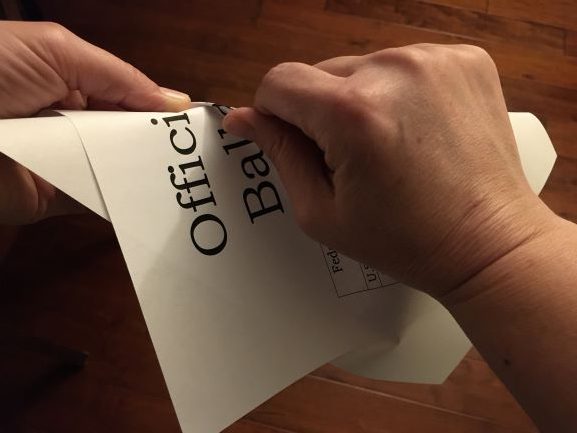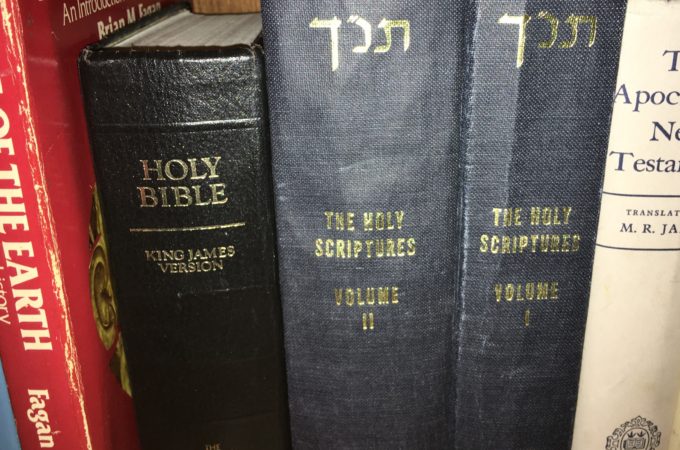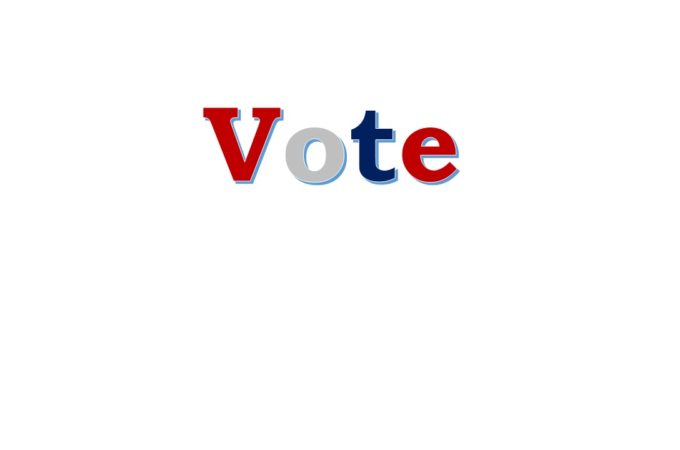
Protest Americana!
Thousands gather expressing anger. The contagious fury increases as the crowd readies to discharge their rage.
Inside, with his children around him, Thomas settles down for an evening meal. Yet, this is not to be a relaxing night at home. Thomas is soon made aware of an agitated group approaching his home. The secretive group known as the Loyall Nine worked with others to incite protests, intimidation, and violence throughout the town. Thomas and his family quickly flee their home. Moments later, the crowd breaks into Thomas’ home, destroys what they can and loot his property.
It was 1765.
Thomas Hutchinson, the British Colonial Governor in Massachusetts, was just one of the targets that August night. Many in the community were outraged at the British Parliament for enacting The Stamp Act, which taxed any printed material employed by the colonists for commercial or legal use. The Loyall Nine eventually became part of the larger Sons of Liberty, a grassroots organization with the objective to undermine British rule in the colonies.
Eight years later, in an episode that became known as the Boston Tea Party, colonists illegally boarded docked ships and destroyed the property thereon by throwing hundreds of chests of tea into Boston harbor.
From the pre-revolutionary era to the present, protests in all its varieties have a deep history in the American experience. Indeed, protests are as American as hot dogs and baseball. The First Amendment of the Constitution guarantees that “Congress shall make no law…abridging the freedom of speech, or of the press, or the right of the people peaceably to assemble, and to petition the Government for a redress of grievances.” Consequently, the American people have the right to gather together, sign petitions, protest and vocalize their thoughts against unjust social conditions and the actions of government institutions in a variety of ways within public spaces.
Throughout United States history, some protests have been peaceful, and others have turned violent and destructive. Typically, protests are the manifest yearnings for justice, freedom, and human rights. As such, the deeply felt emotions in a protest environment can sometimes turn into raw or violent acts; protests of this nature are regrettable yet understandable. Dr. Martin Luther King Jr. astutely observed that “a riot is the language of the unheard,” which underscores the importance of social justice, equality and inclusion for all citizens. Some protests have been met with brutality. Other demonstrations have turned into violence at the prompting of one or more opportunists not aligned with the objectives of the protest.
From the Haymarket Square labor protest of 1886, the Triangle Shirtwaist worker rights protest of 1911, the Civil Rights era marches and the Vietnam war protests to the Occupy Wall Street movement of 2011, the school gun violence walkouts in 2018, Kaepernick’s kneeling protest against racial oppression in 2016, the 2017 Women’s March, and the racial injustice protests of 2020, all encompass the constitutional rights of Americans to redress the abridgment of human rights, social justice, and equality.
In 2018, President Trump stated, “I think it’s embarrassing for the country to allow protesters.” I guess I’m confused about what country Trump was talking about. The Constitution of the United States protects protests and protesters. Not allowing protests is unconstitutional as well as un-American. Perhaps Trump hadn’t read the Constitution. Colin Kaepernick has the right to kneel in protest against racial oppression, students have the right to protest gun violence in their schools, and workers have the right to protest against unsafe working conditions. And communities have the right to protest the murder of Black men and women by the hands of police.
Article Updated December 28, 2020



